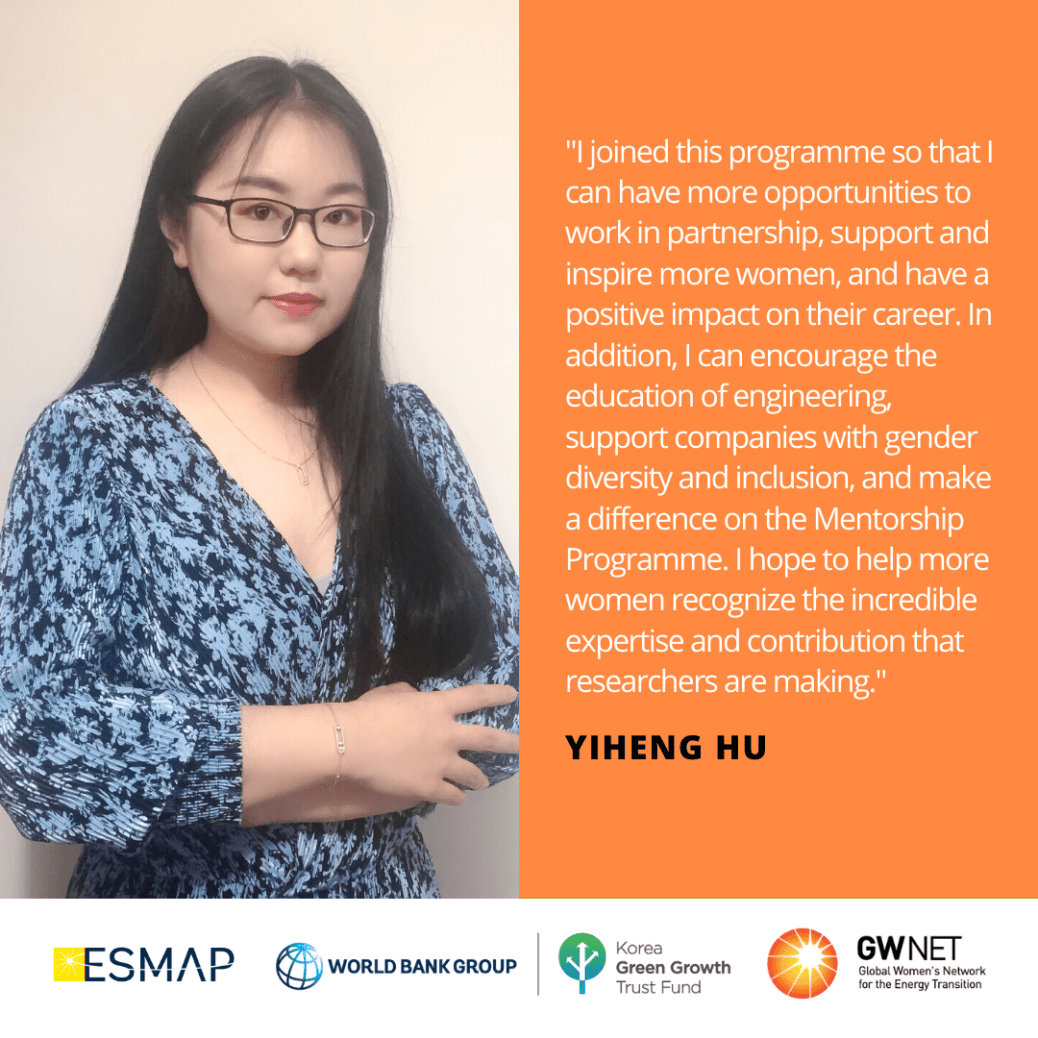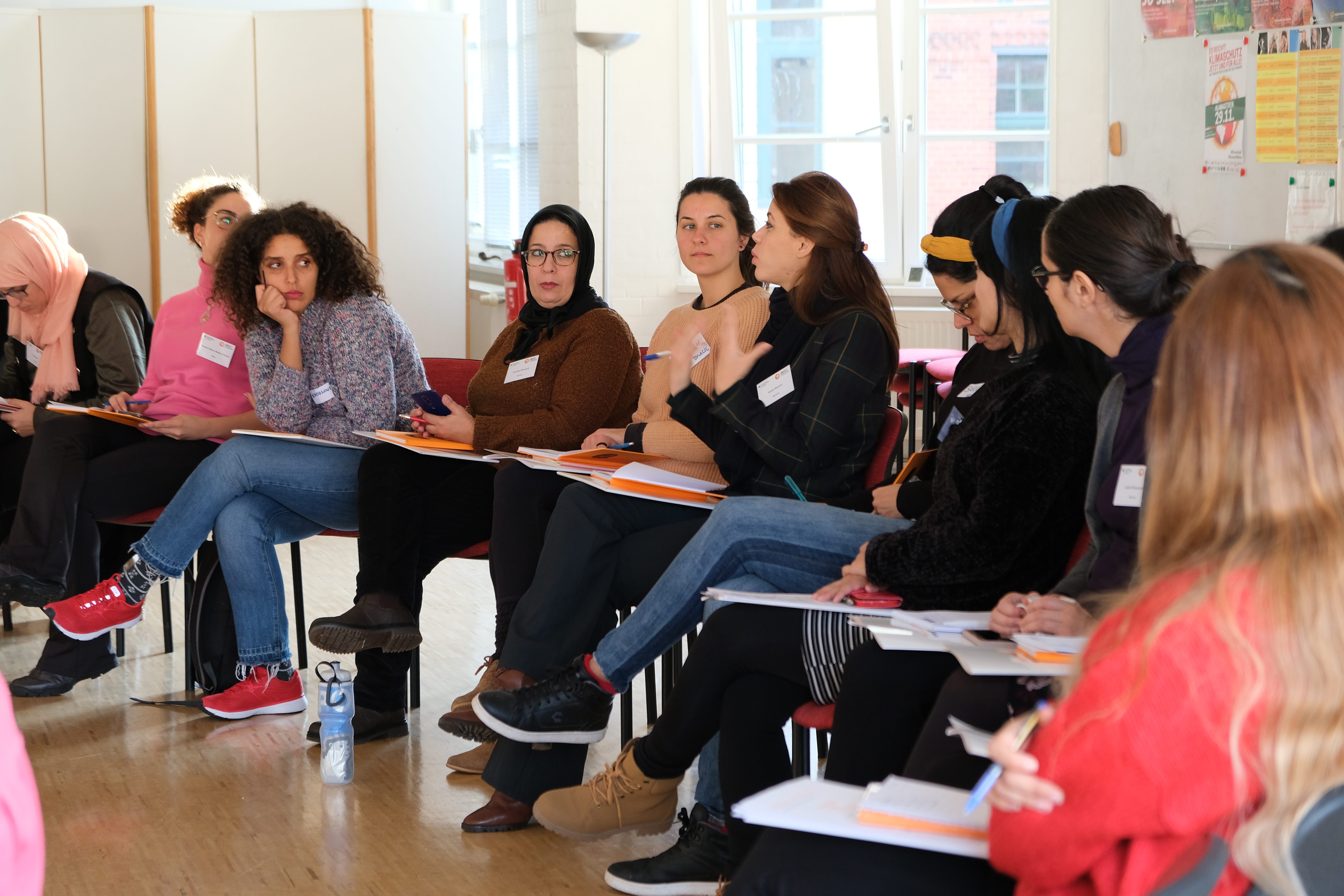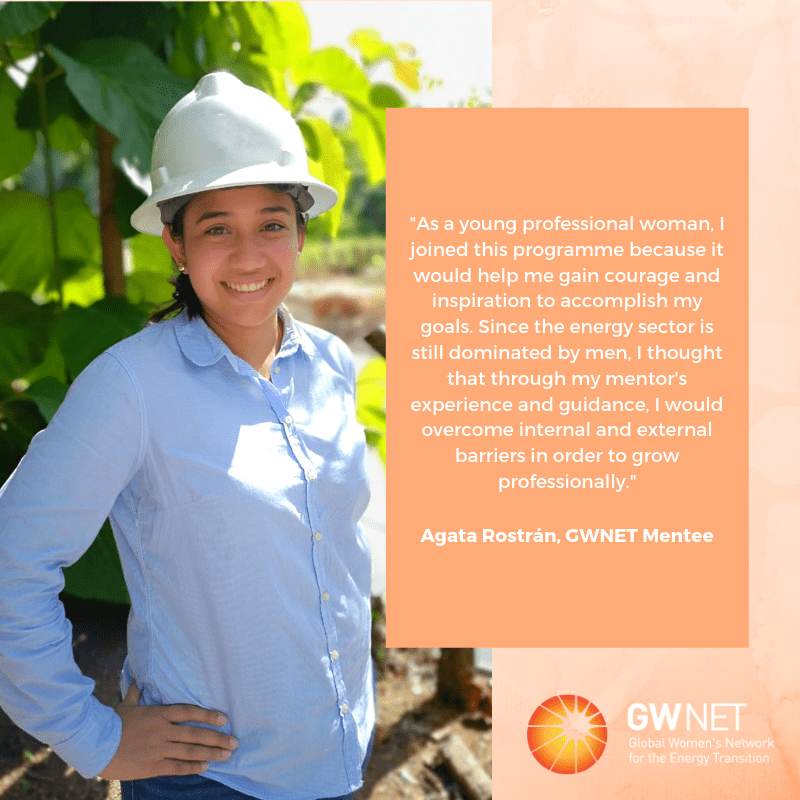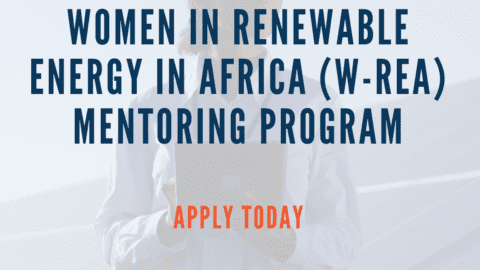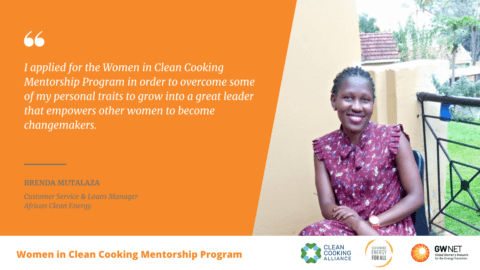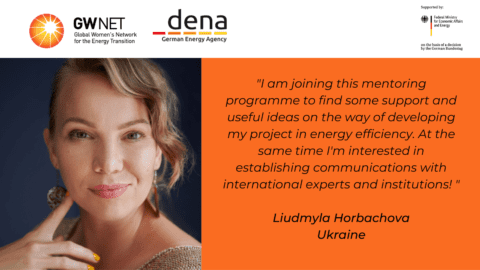The Women in Energy Storage Mentoring Programme sat down with Yiheng Hu, one of this year’s mentors, to chat about her journey in renewable energy and the challenges and opportunities in the energy storage sector.
1) Tell us a little about yourself. What do you love most about what you do?
I received my M.Sc. degree in Electrical Power Systems from the University of Manchester, Manchester, UK, in 2013. I started my Ph.D. study fully funded by a UK Government Scholarship in Jan. 2018 at the University of Huddersfield, UK. I was a permanent lecturer at Shanghai Polytechnic University from 2014 – 2018. I have 5 years’ experience in energy storage systems and have published over ten research papers to date. I have a good industrial and collaborative partnership experience.
As a researcher, my research interests embrace most facets of high renewable energy penetrated power systems, including the design and optimization of energy storage systems like electrochemical batteries, and their associated power electronic drive control systems. I am highly motivated and love to learn and put great effort into disseminating energy storage knowledge to university students, colleagues and the wider society. I also love to be close to industry; the majority of my research is undertaken in collaboration with industrial organizations in the UK. I love how academia and industry combine to create novel research ideas.
2) What were your goals when you started working in energy storage? Have these evolved?
I started teaching energy storage at university because I was highly motivated to communicate with students and could share my knowledge with the next generation of engineers. Working in a high-level educational environment with less in-depth research expertise was a challenge, but improved when I started my new research journey with PhD study to reinforce my professional maturity. Now I enjoy the research freedom and integration with my research teams.
3) How have you adapted to the challenges caused by the COVID-19 pandemic and what advice would you give someone going through similar challenges?
Everyone experiences uncertainty and how to cope with the challenging moments is a whole-life study. During COVID-19 the biggest challenge is time-management; how to balance work and life as well as face an unprecedented break in data gathering and experimental work. There is also widespread uncertainty about how long grants and other funding sources will be available. Therefore, to be a resilient person is to know that uncertainty is part of existence. Generally, develop the capacity to brave adversity, overcome struggle and face whatever may come head-on with fortitude and grace.
4) What are the opportunities for energy storage growth in your country?
By the end of 2019, operational energy storage project capacity in China totalled 32.4GW, accounting for 17.6% of total global capacity – a growth of 3.6% compared to 2018. With more favourable policies issued to support electrochemical energy, storage applications will gradually increase and the market scale will continue to expand. By the end of 2024, the market scale of operational electrochemical energy storage is expected to exceed 15GW. Over the next five years, the development of the energy storage industry remains promising.
5) What challenges have you faced in the sector? Can you tell us how you overcame (or are overcoming) this challenge(s)?
The challenge I have faced is a lack of female role models. Role models are essential. I would like to help more women recognize the incredible expertise and contribution that researchers are making, and I would like to be their “stepping stones” and “bridges”, and link them with the faces of women who represent a pathway to professional maturity/independence. Women at all stages of their careers need to understand their position to be role models for the next generation of women.
6) Why did you join the Women in Energy Storage Mentorship Programme? What do you hope to achieve?
I joined the programme so that I can have more opportunities to work in partnership, support and inspire more women and have a positive impact on their career. In addition, I can encourage the education of engineering, support companies with gender diversity and inclusion, and make a difference in the Mentorship Programme. I can also regularly arrange meetings with my mentee to share my experience and research theory to narrow the knowledge gap on gender and energy storage and achieve two-way knowledge transfer.
7) What advice would you give to women hoping to join the energy storage sector?
Always be curious to understand the “why” behind everything. It is so important to be curious and have an innate need to explore the area you are passionate about and never give up.
Become a mentor – what’s in it for you?
GWNET is looking for senior professionals who are eager to make a difference and have a positive impact on a younger woman’s career in the energy sector. With the ever-changing dynamics of the business fields, digitalisation, knowledge and knowledge sharing has become more important than ever. As a mentor, you get the opportunity to give something valuable back to more junior professionals and to expand your own knowledge through your mentees’ perspective. Mentoring will contribute to personal and professional development for both you and your mentee, as well as, shaping the direction of future generations within your field of expertise.
If you are interested in volunteering as a mentor in one of GWNET’s mentoring programmes (which involves approx. 1 – 1.5 hours of engagement per month plus optional participation in knowledge-transfer webinars), kindly fill-in the Mentor Datasheet.

